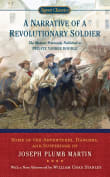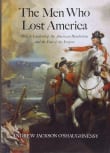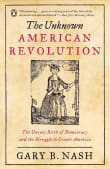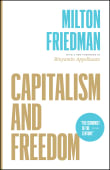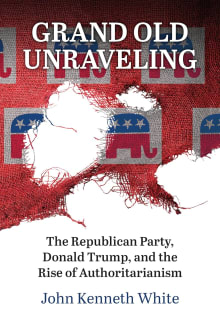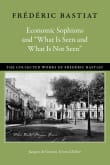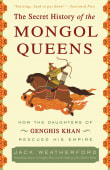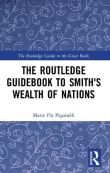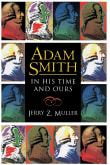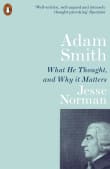The Wealth of Nations
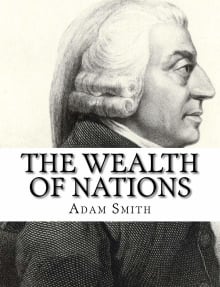
Book description
An Inquiry into the Nature and Causes of the Wealth of Nations, generally referred to by its shortened title The Wealth of Nations, is the magnum opus of the Scottish economist and moral philosopher Adam Smith. First published in 1776, the book offers one of the world's first collected descriptions…
Why read it?
4 authors picked The Wealth of Nations as one of their favorite books. Why do they recommend it?

Even though Adam Smith is often said to be the father of all that is good or bad about capitalism very few people have read his famous Wealth of Nations. Why? Well, 1) they think they already know what’s in it: no government intervention in the economy, thank you. 2) It is two volumes. 3) It must be very dreary because it is about economics, and 4) they are not good at economics or math.
But read it for yourself, and you will find that it is readable, nuanced, and you can skip the bits that you can’t make out,…
From Sylvana's list on the eighteenth-century you should read for yourself.

This is a big, yet easy-to-read, theoretical discourse on market economy that is meant to be a popular read. Reading or even possessing a copy of Adam Smith’s The Wealth of Nations was forbidden before 1990. I studied in a Soviet Union university in the 1980s and was taught how to criticize Adam Smith’s positions using Lenin’s and Marx’s arguments. However, I, like all other students, was not permitted to read the actual book. When I finally held The Wealth of Nations in my hands in 1999, I “devoured” the book in one night. Either, it was that fast a…
From Oyungerel's list on banned or forbidden stories to be told.

This book offers the first detailed defense of using free markets, rather than government, to allocate resources – a core tenet of libertarianism. Smith addresses numerous examples, but his most fundamental insight is that markets, rather than being guided by orders or commands from government, operate as if “an invisible hand” is matching buyers and sellers, leading to an outcome that no planner could have achieved.
Today many people have heard about the law of supply and demand. But the idea that markets, under no one’s authority, could organize production – let alone do it better than if someone had…
From Jeffrey's list on Libertarianism.
If you love The Wealth of Nations...

The economist’s very readable masterwork, published in 1776, was based in large part on his research into the economics of the British-American relationship. It provides an unparalleled understanding of why America revolted, and why the Revolution was bound to succeed.
From Tom's list on lesser-known figures in the American Revolution and early years.
If you love The Wealth of Nations...
Want books like The Wealth of Nations?
Our community of 12,000+ authors has personally recommended 100 books like The Wealth of Nations.

